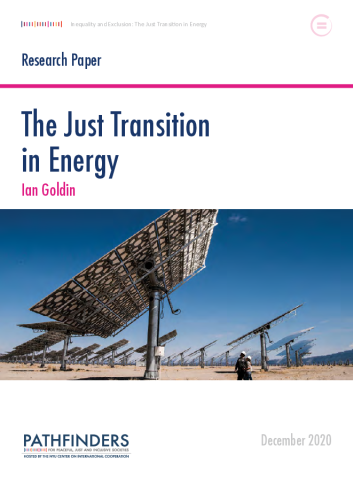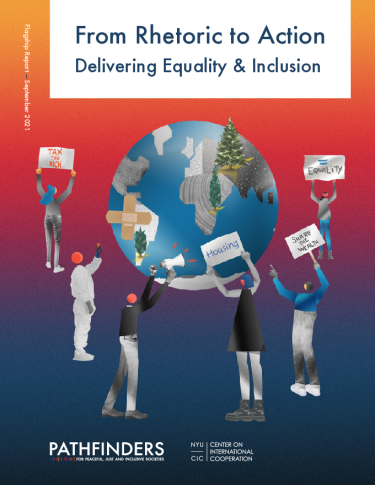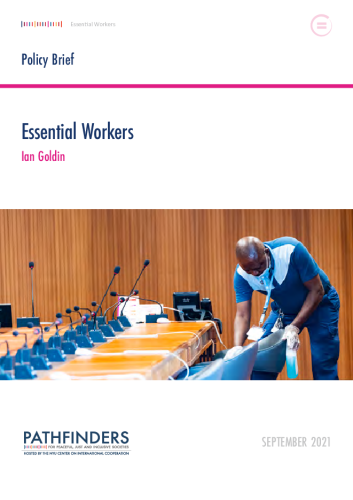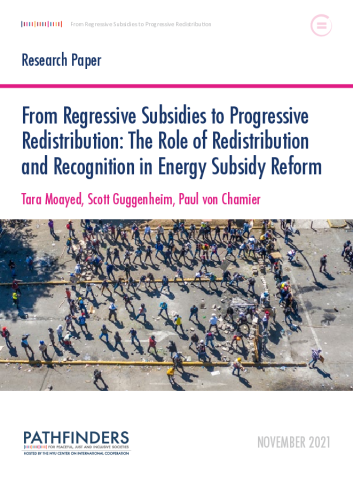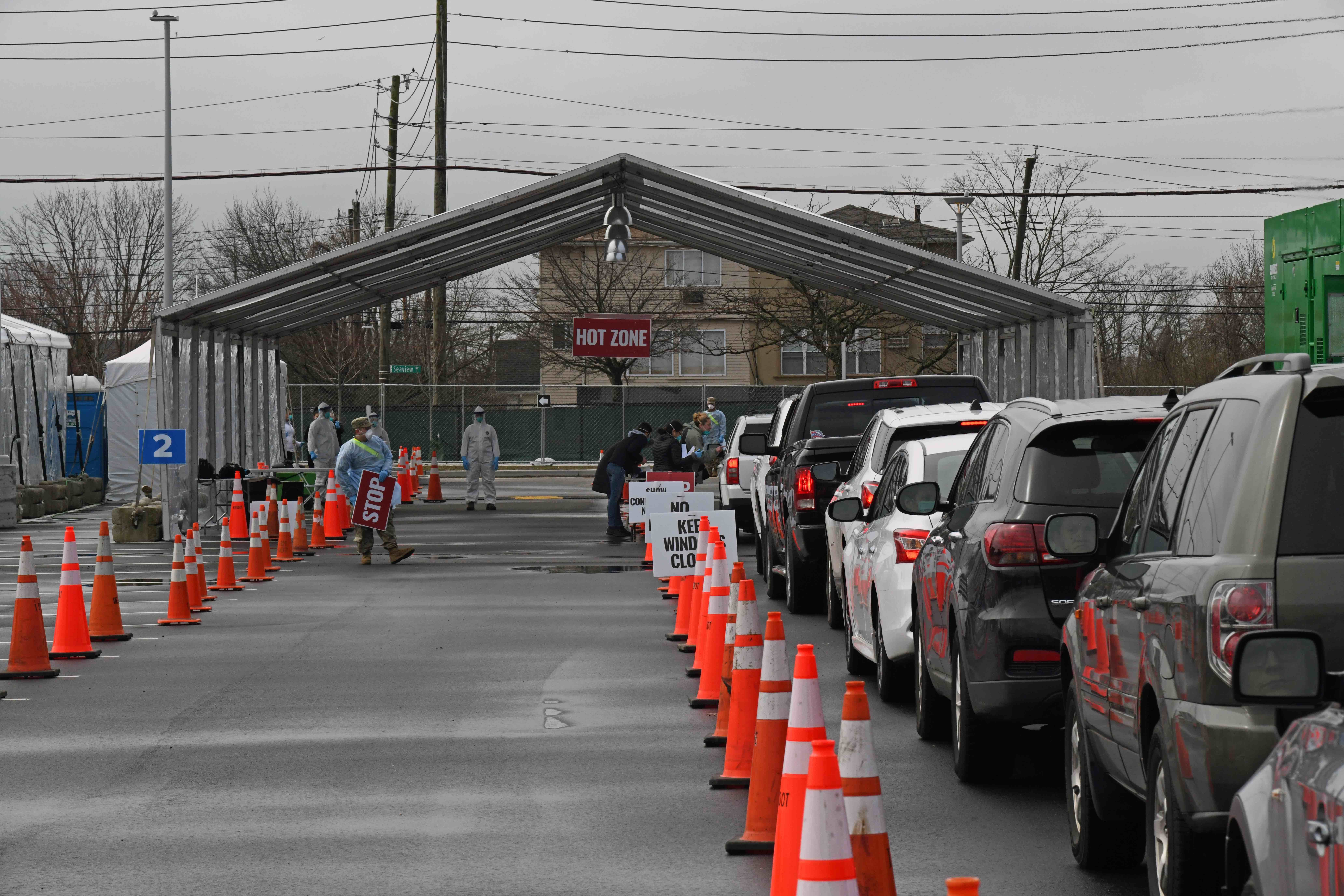With each new year of data, and each new intergovernmental report, it becomes harder to deny the scale and urgency of the energy transition required to prevent catastrophic anthropogenic climate change. The Intergovernmental Panel on Climate Change urges countries to take action to prevent a rise in temperature by more than 1.5°C, and warns of catastrophic consequences of a rise above 2°C. Yet current policies and pledges fall far short of hitting these targets. Worse, since harmful climate change is caused by the stock of carbon in the atmosphere, the longer we delay measures to limit the flow of new carbon into the atmosphere, the more drastic those measures will have to be.
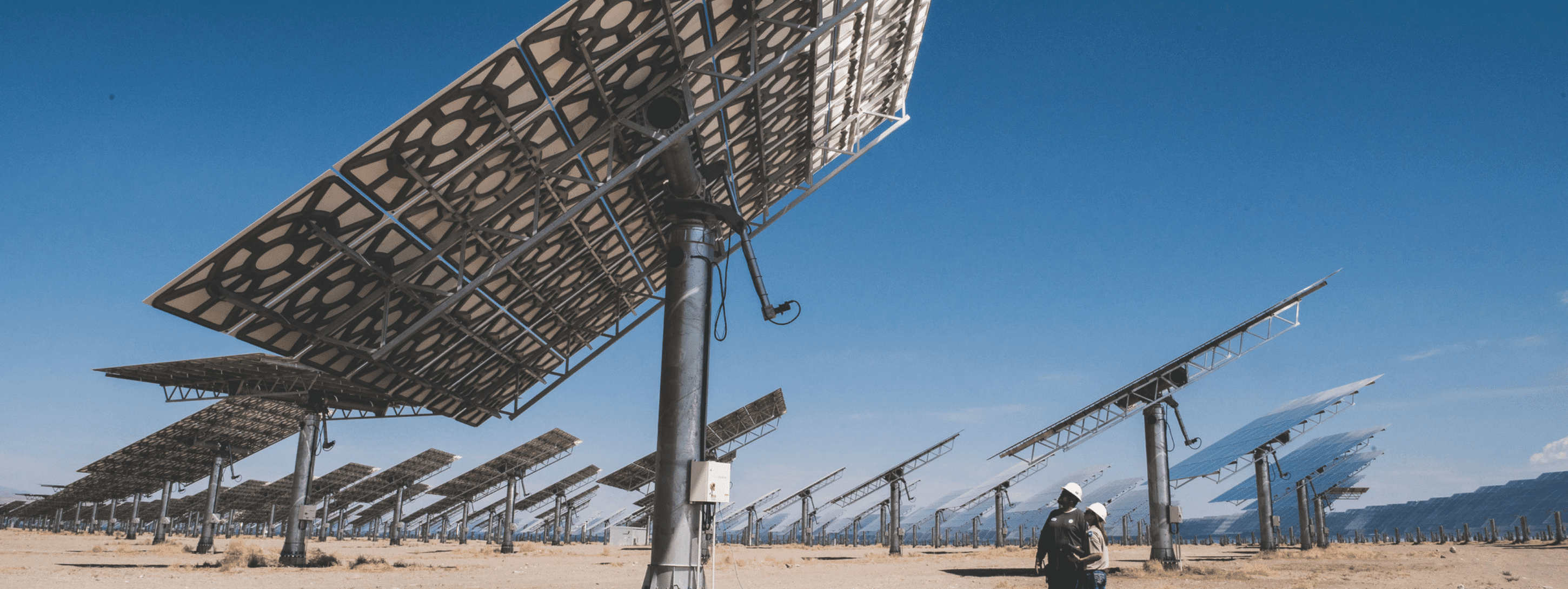
This uneven distribution of threat and responsibility raises difficult questions. Developed countries are generally more advanced in their transition to renewables, which means that some of the cheapest opportunities to reduce emissions are in developing countries. Yet the fact remains that developed countries are responsible for a larger share of historic emissions—and developing countries may have a right to pursue development unhindered, as developed countries did in earlier decades. There are therefore several elements of the “just transition” in energy. The world needs to transition to cleaner energy, and the developing world needs to keep developing, all while supporting the countries and communities that bear the highest costs of mitigation measures—and supporting those areas already beginning to feel the negative effects of climate change. This report will outline the key challenges and opportunities and conclude with a series of practical steps available to policymakers.
Download the full paper here.
This policy paper is part of the Pathfinders Grand Challenge on Inequality & Exclusion. More information about this initiative can be found here.
